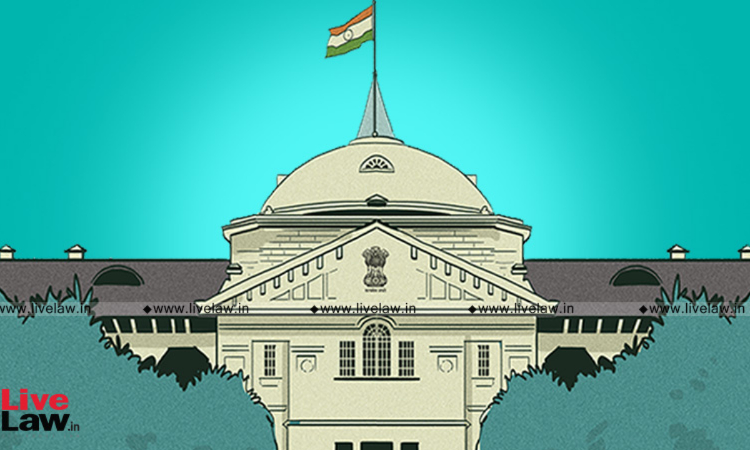- Home
- /
- High Courts
- /
- Allahabad High Court
- /
- Allahabad High Court Refuses To...
Allahabad High Court Refuses To Restore Lease Of 'Consistent Defaulter', Says Relief Will Set Negative Precedent For Future Allottees
Upasna Agrawal
29 July 2025 12:00 PM IST
While holding that equity under writ jurisdiction cannot be given in favour of those who consistently default in their obligations, the Allahabad High Court held that restoration of leases where multiple long-term defaults have been made sets a negative precedence for future allottees in terms of payment schedules and other obligations.The bench of Justice Mahesh Chandra Tripathi and...
While holding that equity under writ jurisdiction cannot be given in favour of those who consistently default in their obligations, the Allahabad High Court held that restoration of leases where multiple long-term defaults have been made sets a negative precedence for future allottees in terms of payment schedules and other obligations.
The bench of Justice Mahesh Chandra Tripathi and Justice Vinod Diwakar held,
“A policy of restoring leases after long-term default would create a negative precedent for future allottees to disregard payment schedules and statutory obligations, anticipating eventual concessions. This undermines the deterrent effect of enforcement measures like cancellation and e- auction, weakening the overall governance framework of industrial land allocation.”
The Court further held that “Equity, though an integral facet of the writ jurisdiction, cannot be invoked in favour of a party who has consistently failed to perform its obligations under the allotment and lease conditions.”
Petitioner was allotted a land by Uttar Pradesh State Industrial Development Authority (UPSIDA) in District Varanasi for establishing a fruit ripening industrial unit. After taking possession, petitioner defaulted in paying balance premium amount of Rs.19,82,912.03/-. Despite various time extensions and an extension granted by High Court order, petitioner failed to clear the dues. Consequently, the allotment was cancelled and petitioner's restoration application was also rejected.
Thereafter, petitioner approached the High Court seeking quashing of the cancellation order and against the rejection of the restoration application.
The Court relied on Skyline Contractors Pvt. Ltd. v. State of U.P where the Apex Court upheld the cancellation of allotment by NOIDA despite partial and delayed payments on grounds that the payments were made unilaterally without the permission of NOIDA. The High Court held that the petitioner had also not sought any formal time extension from UPSIDA and the explanation for delay condonation in the restoration application could not do away with 4 years of defaults.
The Court held that the fact that petitioner was willing to pay after the cancellation and e-auction notice of the land had been issued did not obliterate the wilful failure in not clearing the dues as per the schedule. It held that there was repeated and substantial non-compliance with essential conditions of the allotment because of which the same had been cancelled.
“There are far reaching consequences of restoring a lease after repeated defaults. The fiscal and administrative policies of the State, particularly in matters concerning the allotment of industrial plots and lease deeds, are anchored in principles of public accountability, efficient utilization of resources, and the promotion of industrial growth. When an allottee repeatedly defaults—especially over a prolonged period involving multiple violations of lease terms and statutory provisions—restoring such a lease poses significant fiscal, administrative, and public policy challenges.”
Apart for the fiscal losses, the Court held that consistent failure in complying with lease deed undermines public interest and deprives other deserving applicants of opportunity to use the land, slowing down the process of industrial development.
The Court held that 14 consecutive failures by the petitioner in clearing the dues “strikes at the very foundation of fiscal discipline, public interest, and industrial policy objectives.” It held that UPSIDA had balanced equity with accountability while cancelling petitioner's allotment. Accordingly, the writ petition was dismissed.
Case Title: Smt Savita Sharma v. State Of U.P. And 2 Others 2025 LiveLaw (AB) 272 [WRIT - C No. - 21802 of 2025]
Citation: 2025 LiveLaw (AB) 272



